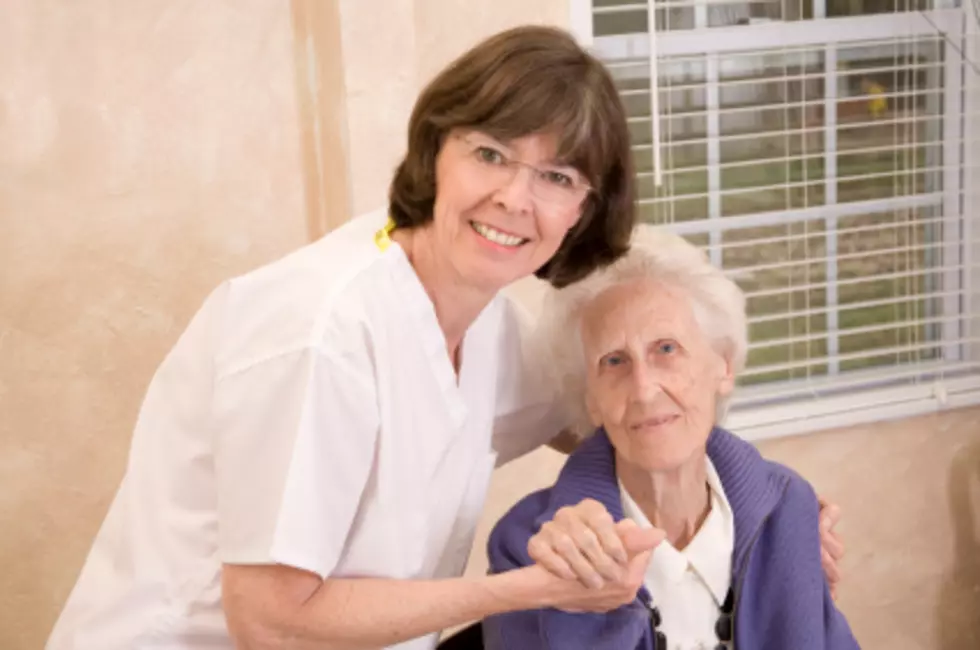
Taking care of NJ’s aging population: Costly and daunting
Thursday night at 7, New Jersey 101.5 will present a special eldercare town hall. Experts will answer your questions on the air, on our website and on our Facebook page, where you can watch the town hall live and chat with our experts. Download our free mobile app to listen live from anywhere.
As the Baby Boomer generation continues to age, New Jersey’s elder care support system continues to get stretched thinner.
“As people get older, sometimes they will need more assistance in doing the things they would normally be able to do for themselves. But cost may certainly be a factor,” said Mary Catherine Lundquist, the program director of the Rutgers University Behavioral Health Care COPSA Institute for Alzheimer’s Disease and Related Disorders.
Lundquist said costs for elder care assistance in the Garden State continue to climb higher. To hire someone for a few hours a week to help an older family member or a loved one may cost hundreds of dollars. Nursing homes can cost more than $10,000 a month.
There are some assistance programs for people with lower incomes,Lundquist said, “but the majority of people who have worked and might have a little bit of savings to their name, they might have to exhaust all of that savings to get that level of care.”
Aging people are at greater risk for developing memory disorders or having a stroke, which would require that they receive more assistance. And many will have a hard time affording those services.
“That means that sometimes families will stay home for a very long period of time, even when it’s very difficult for the family to care for their loved one because they don’t have the money," Lundquist said.
She said that when relatives serve as caregivers they can burn out and get sick themselves.
Lundquist said New Jersey already has a sizable elderly population but those numbers continue to grow.
“The more elderly people we have in the system, the more drain there will be on the limited resources that we do have," she said.
She said Garden State residents with aging parents and friends need to begin to discuss care issues now.
“Just check in on them more often, see how they’re doing, and then contact their local office on aging just to see what resources might be available," she said.
“You know something as simple as maybe having Meals on Wheels deliver to the home, or helping your family member who can’t drive anymore get the senior citizen bus to get to the senior citizen center could help to decrease loneliness."
You can contact reporter David Matthau at David.Matthau@townsquaremedia.com



